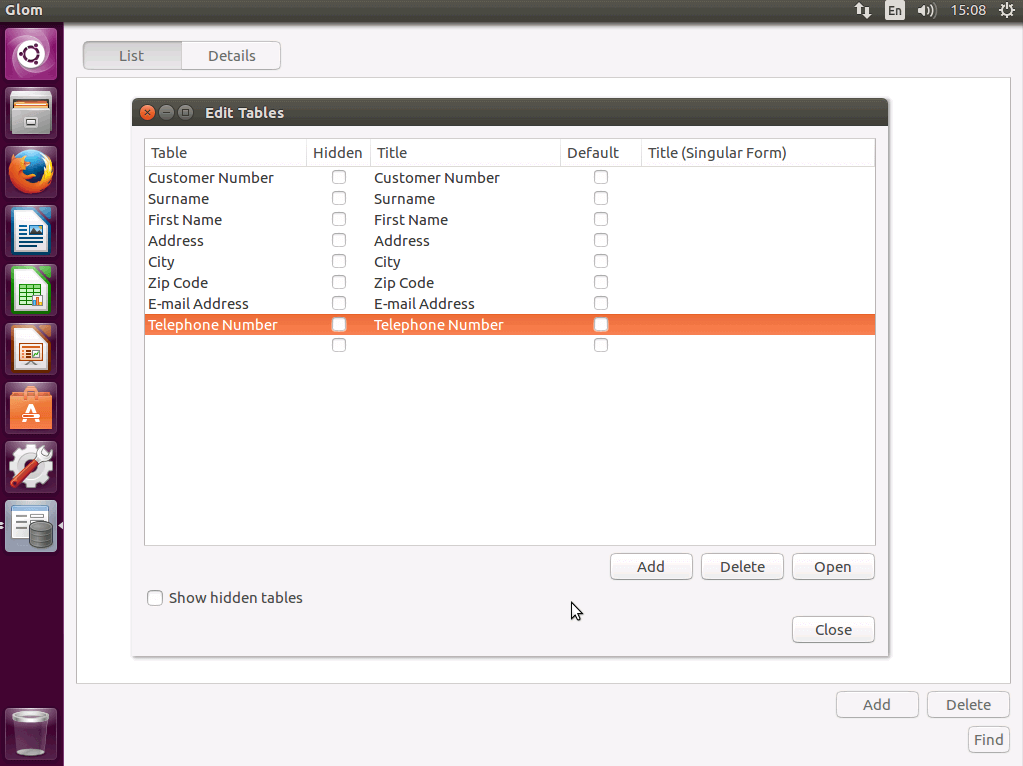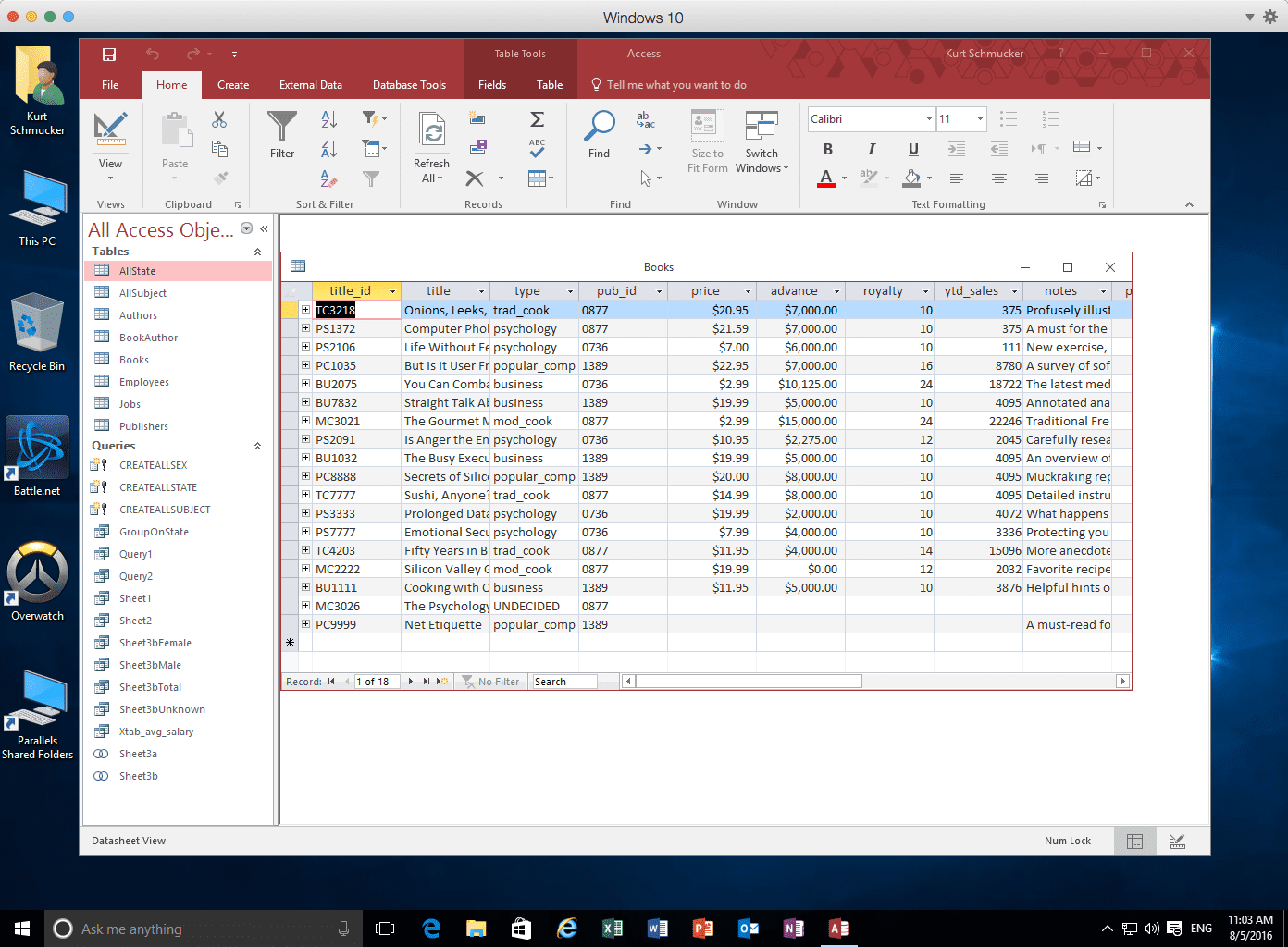

As such, Access empowers users to easily create, customize, and share database apps in formats that best address their business needs. This, coupled with Access’ storage and retrieval technology, makes the system one of the most intuitive database programming frameworks around. Its simplicity means that little or no training is required to help an average user create simple databases. It is a robust information management system that presents database development concepts, such as tables, rows, columns, and data sets, to mirror the way spreadsheets work. Microsoft Access is an easy-to-use database management system pitched at small, medium-sized, and large businesses. We’ll give you all the information you need to choose the best database management system for your business. To save you the hassle, we’ll discuss the top 8 alternatives to Microsoft Access. Today, you’d almost be spoilt for choice when picking one of the best Microsoft Access alternatives. Recently, however, the emergence of highly innovative DBMS has given Microsoft Access a run for its money. It simplified database development concepts and gave businesses the power to consume available data. This system is acclaimed as the trailblazer of modern database management systems. These platforms enhance data processes and improve the value of business data assets. This is where database management systems (DBMS) come in. As the volume of data increases, so does the need for robust database systems for businesses.

It’s predicted that there will be 40 Zettabytes of data by 2020, with 37% of it carrying a potential for analysis. Data is being spewed out at breakneck pace, flooding out the connected devices we use every day.


 0 kommentar(er)
0 kommentar(er)
